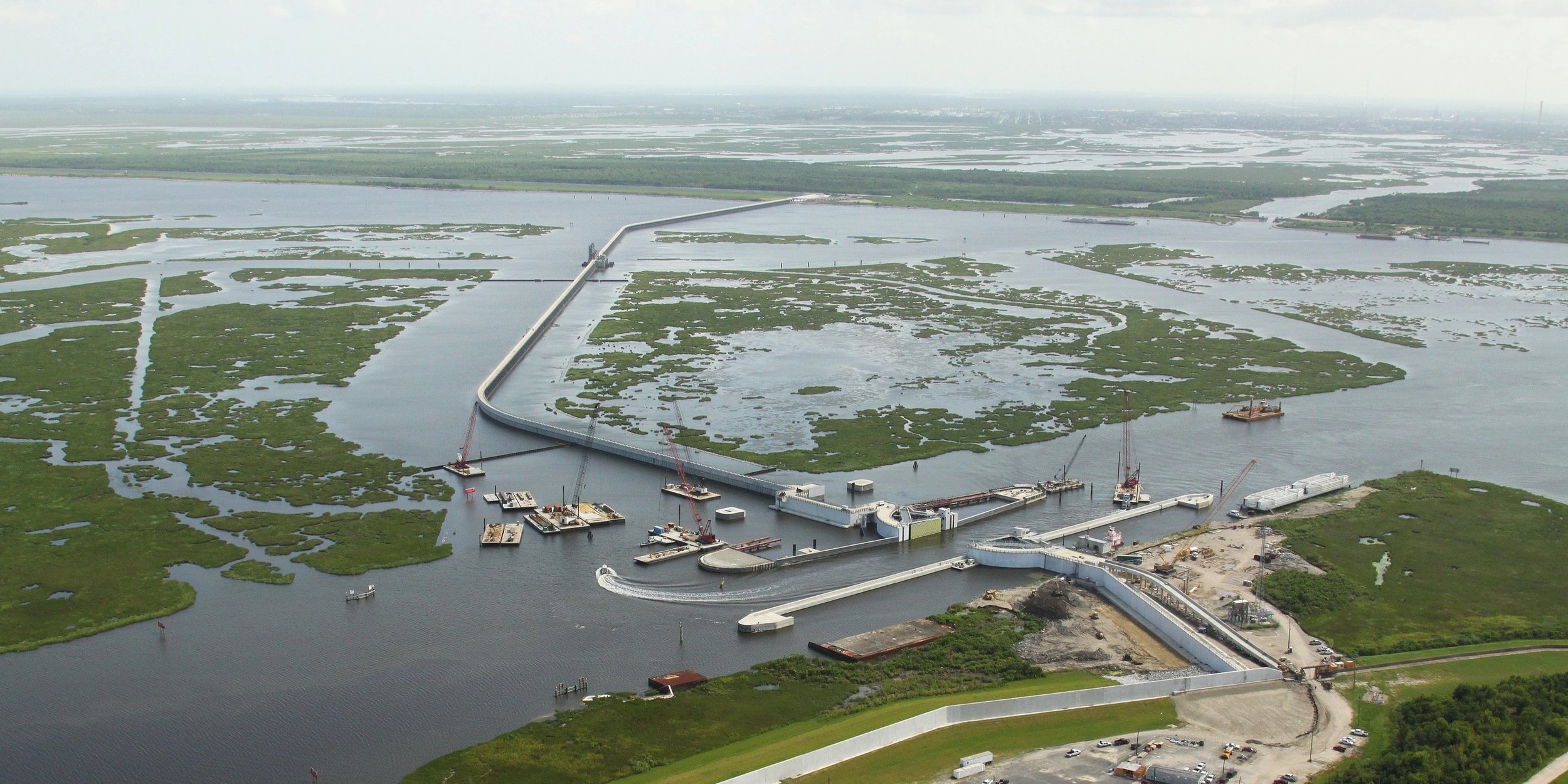2025 will mark 20 years since Hurricane Katrina struck New Orleans and the Gulf Coast of the United States. In the years following the storm’s devastation, many visions of the city’s future have been proposed, elaborated, and contested by residents, planners, and policymakers. In 2013, a group of experts convened by local organizations released the Greater New Orleans Urban Water plan, a visionary proposal to transform the region’s infrastructural paradigm towards an approach described as “living with water.” The plan leaned heavily on green stormwater infrastructure as a remedy for the ecological, hydrological, and economic challenges laid bare by Katrina. In 2023, a group of over 150 local organizations convened in a series of workshops and events to assess progress, confront persistent challenges, and identify important opportunities for achieving the goals put forth in the landmark 2013 plan. What has New Orleans learned over these twenty difficult years? What insights might other regions grappling with water infrastructure dilemmas gain from this journey?
Speaker
Dr. Joshua Lewis
Dr. Joshua Lewis is the Schwartz Professor of River and Coastal Studies at Tulane University in New Orleans, where he also serves as the research director of the ByWater Institute. Josh has previously held positions at the Stockholm Resilience Centre, and KTH Royal Institute of Technology in Sweden. He was also an early career fellow of the US National Academy of Sciences’ Gulf Research Program. Lewis’s research is focused on climate adaptation and water management in riverine and coastal environments, with a particular emphasis on infrastructure planning, ecological change, and environmental justice. Much of Dr. Lewis’s scientific and civic programming is based in New Orleans, Louisiana and the US Gulf Coast. Over the past two decades, he has been involved in a wide variety of activities related to climate adaptation and disaster recovery, most recently co-leading a ten-year assessment of the Greater New Orleans Urban Water Plan, the findings of which can be found at https://www.gnowater.org/.


